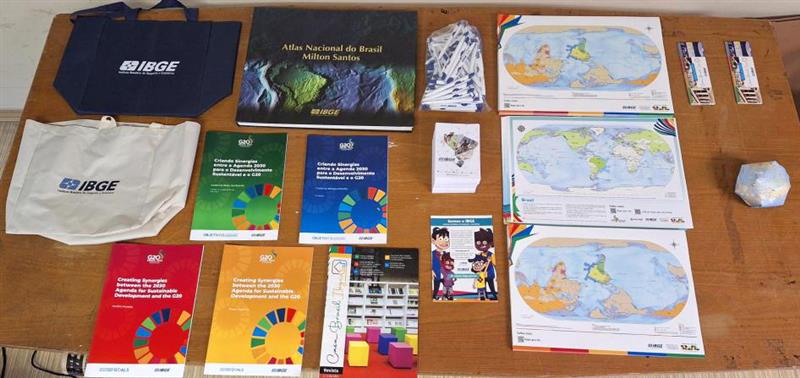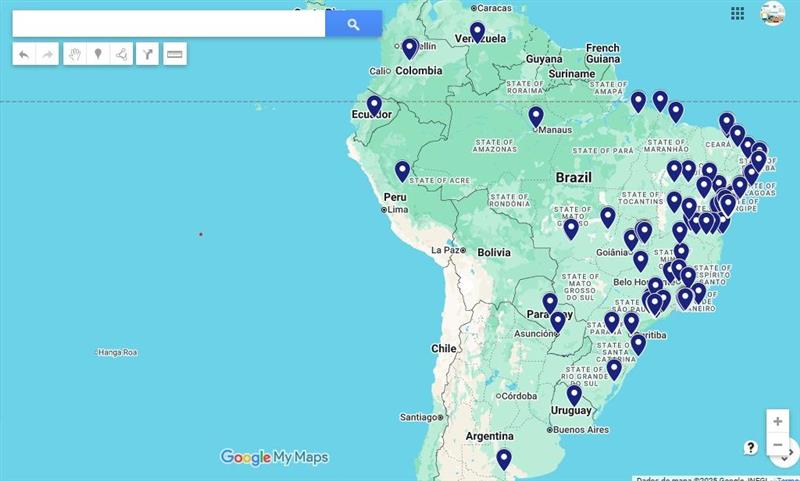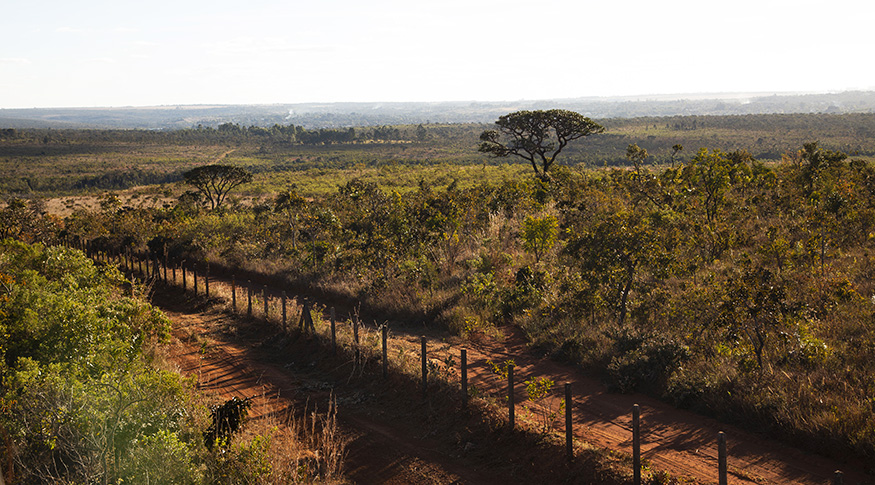Brazil to forecast new record crop
August 10, 2017 09h00 AM | Last Updated: September 04, 2017 09h21 AM
The estimate of the national grain crop for July 2017 hit a new record: 242.1 million metric tons, a high of 31.1% over last year’s and 0.7% over June's projection. Data released today by the Systematic Survey of Agricultural Production of the IBGE reveal an increase of 57.4 million metric tons over 2016, leveraged by soybean (115.0 million metric tons) and corn production records (99.4 million metric tons).
According to IBGE researcher, Carlos Antonio Barradas, the rainy weather favored crops all over the country, as opposed to 2016, when there was scarcity of rainfall, especially in the Cerrado. Another factor that stimulated production was price rise: "the high prices of the main products of the Brazilian agriculture, in the current planting period of the crops (summer crops and 2nd crops), especially soybeans, corn rice and beans, encouraged producers to extend their planted areas and invest in more technology." As a result, the estimated area to be harvested (61.1 million hectares) increased 7.1% over the harvested area in 2016 (57.1 million hectares).
Coffee surprises and falls less than expected
Other products that stood out in June's survey were rice, barley, beans and sorghum. Coffee, with a 7% reduction over 2016, was not as bad as one might think: the crop, estimated at 2.8 million metric tons, or 47.2 million 60kg sacks, is still regarded as positive. "Particularly when we consider that coffee production has great variations from one year to next, that is, biennial positive bearings are very productive; biennial negative ones produce less", says Barradas, who adds: "Biennial bearing is typical of coffee production, alternating years of high and low productivity. After an ‘on’ year (of highs), the plants are worn out and, in the next year (‘off’ year), they bear less fruits."
Positive impact on economy
According to Carlos Antonio Barradas, Brazilian agriculture in 2017 is "brilliant", with positive economic impacts in and out of the country. The researcher regards the output increases of rice, beans, onions and potatoes as important to contain inflation.
Moreover, the increase in the output of soybeans, coffee and orange is also important, since these products lead Brazilian imports and influence other crops indirectly. Soybean and corn record crops, for instance, contribute to reduce the production cost of pork and chicken, which are also important in the Brazilian import.
"The increase in the supply of products for the domestic consumption and for export must help lower inflation rates and boost Brazilian revenues with the agribusiness exports", claims Barradas. He highlights the role of Brazil in the world production of food, and emphasizes: "production has grown mainly due to productivity gains, without a significant expansion of the areas used for crops."
Text: Marília Loschi
image: Photos.com
design: Helena Pontes

















